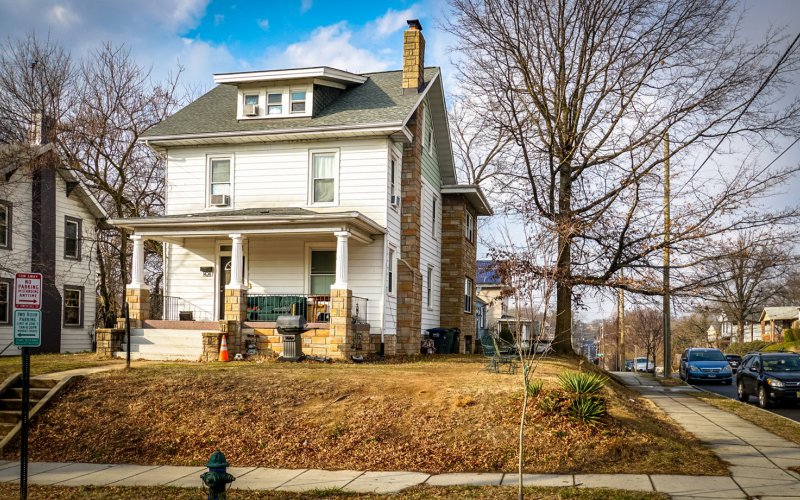Conference Seeks Racial Justice in Planning Neighborhoods

ALBANY, N.Y. (Feb. 16, 2021) — United States zoning laws are the legacy of racism, according to participants in the five-day Planning for Racial Justice Conference that begins next Tuesday.
“While the aspirational principles espoused in the American Planning Association code of ethics should guide planning education and practice, unrelenting social disparities reveal that planners have often perpetuated white privilege and the economic benefit of the few over the many,” states a document prepared for the conference. The event runs from Tuesday, Feb. 23, through Saturday, Feb. 27. Registration for each session of the Zoom webinar format is open to all.
Jared Enriquez, a lecturer in Geography & Planning, pointed to an example of such prejudice in action. “One key element of most community planners is their role in determining a town's zoning laws. Zoning refers to where and how land is used, and historically planners dedicated many ‘desirable’ areas as single-family zoning only.
“In addition to the segregation that ensues from exclusionary single-family zoning, toxic or less desirable land uses like waste sites are usually concentrated near marginalized communities.”
Enriquez is a conference organizer, along with associate professor and program director of Urban Studies and Planning David Lewis and the Geography and Planning Student Association, with co-sponsors the Arbor Hill Development Corporation, Capital District Planners Association, the Upstate Planning Association, UAlbany Lewis Mumford Center and the Department of Geography and Planning.
“Another element,” said Enriquez, “is that, since most planners are white, they have unconscious biases when proposing solutions or elevating the voices of the public. The lack of adequate representation and insufficient public engagement would lead to proposals unsuitable to the needs of many community residents.”
Conference organizers list the event’s goals as: 1) to kick off a series of planning studios focused on planning for racial justice; 2) address the lack of people of color in planning, particularly in Upstate New York as well as other non-major metropolitan areas of the Northeast and Midwest, causing a lack of racial perspectives in the cannon of planning theory/history; and 3) initiate conversation for the creation of a Center for Planning for Racial Justice at UAlbany.
Those who formally register for the Zoom webinar will have the opportunity to interact with the various conference panels and participate should a panelist have a breakout session or conduct polling. Should registration be filled, a live stream for viewing will be provided on the Geography and Planning Student Association website.
Starting with the Keynote Session, which runs from 5 to 7 p.m. on Tuesday, each session will engage diverse scholars in planning and cognate disciplines with professional planners and leaders from communities they cite as adversely effected by past planning decisions. The schedule is:
- Keynote Session: with keynote speaker Ruth Wilson Gilmore, CUNY professor of Earth and environmental sciences and American studies, and director of the Center for Place, Culture, and Politics at CUNY Graduate Center, Tuesday, 5 to 7 p.m.
- Public Health and Justice Planning: Wednesday, noon to 2 p.m.
- In Pursuit of Racial Justice in Housing Policy: Wednesday, 5 to 7 p.m.
- Recentering Race in Environmental Justice: Thursday, noon to 2 p.m.
- Race and Economic Development: Towards More Than Just Growth: Friday, 5 to 7 p.m.
- Equitable and Just Practices for Transportation Planning, Saturday, 11 a.m. to 1 p.m.
- Body and Community Mapping: Healing and Mobility Tools for Feminist, Anti-Racist, and Decolonial Planning Practice: Saturday, 2 to 4 p.m.




